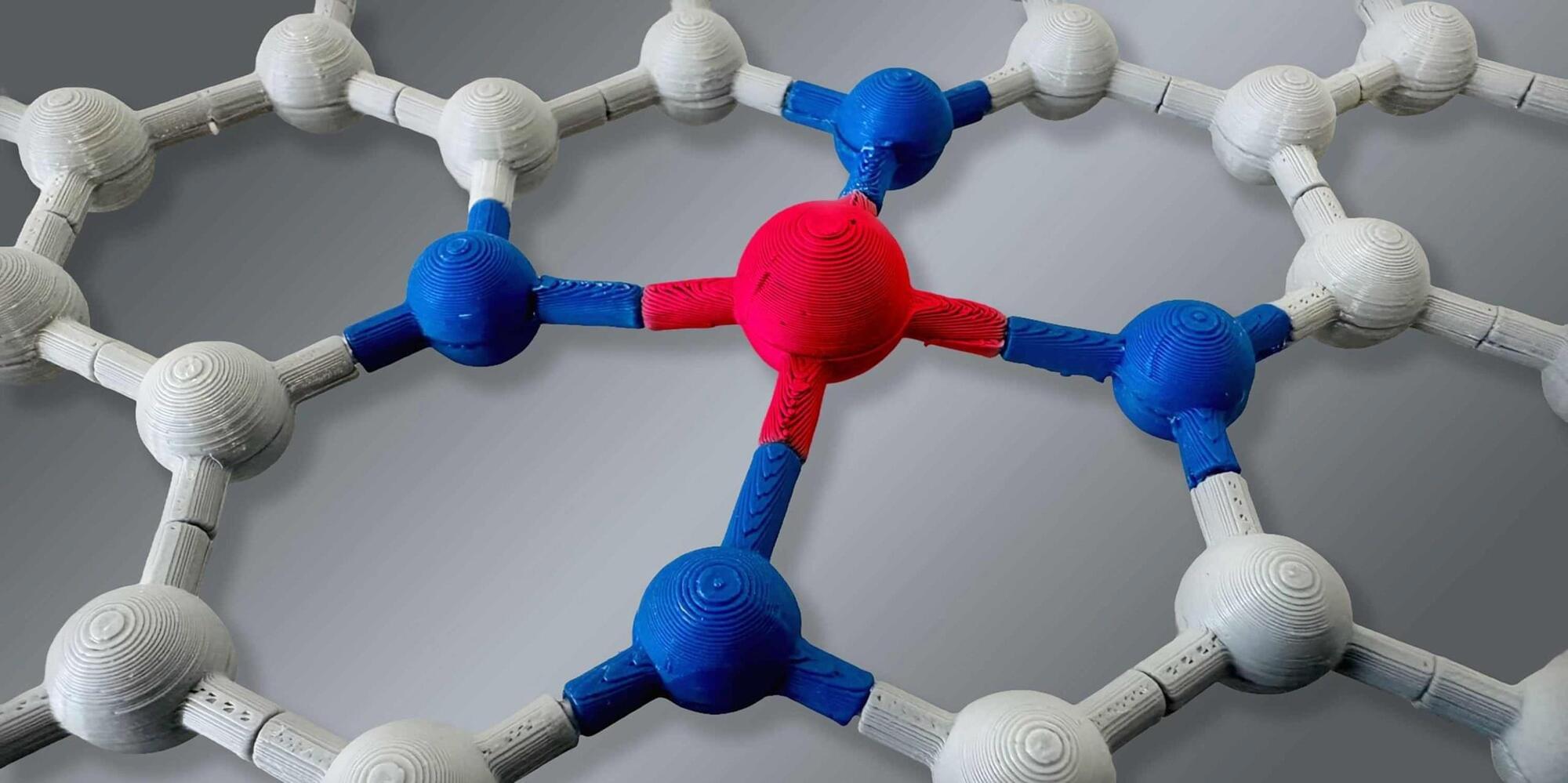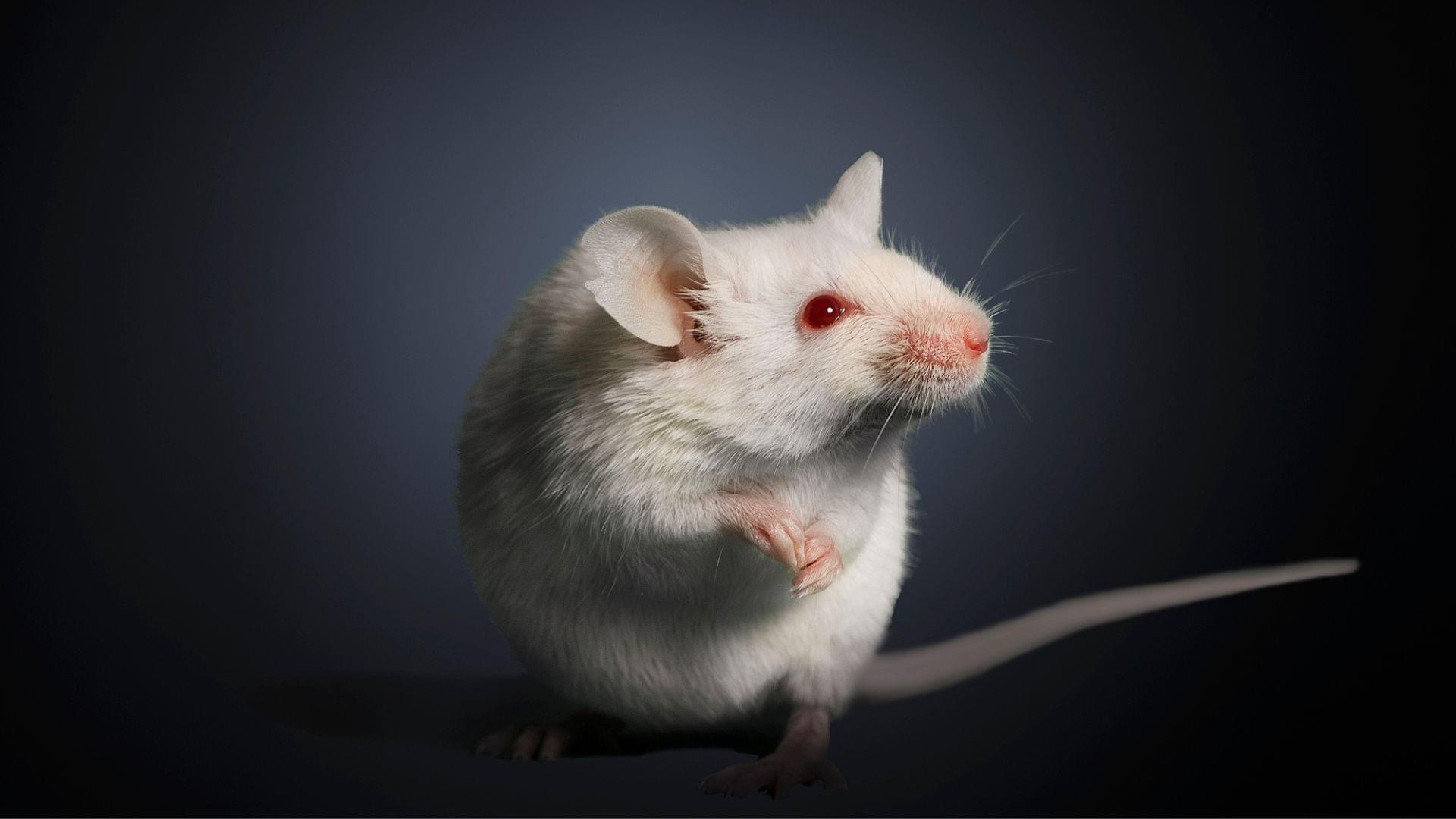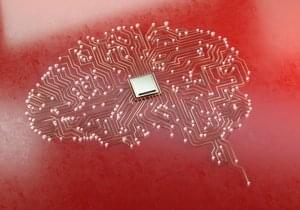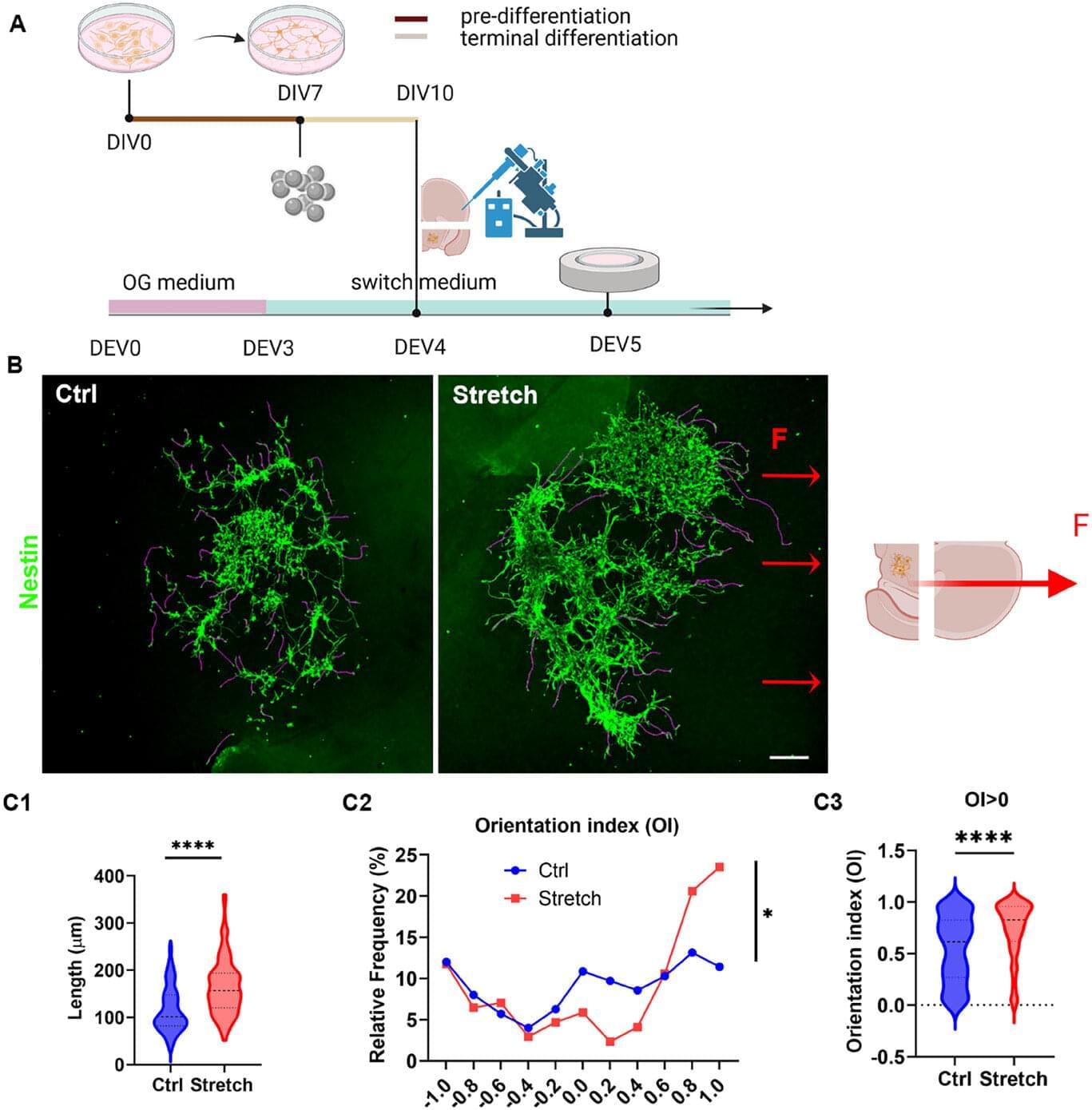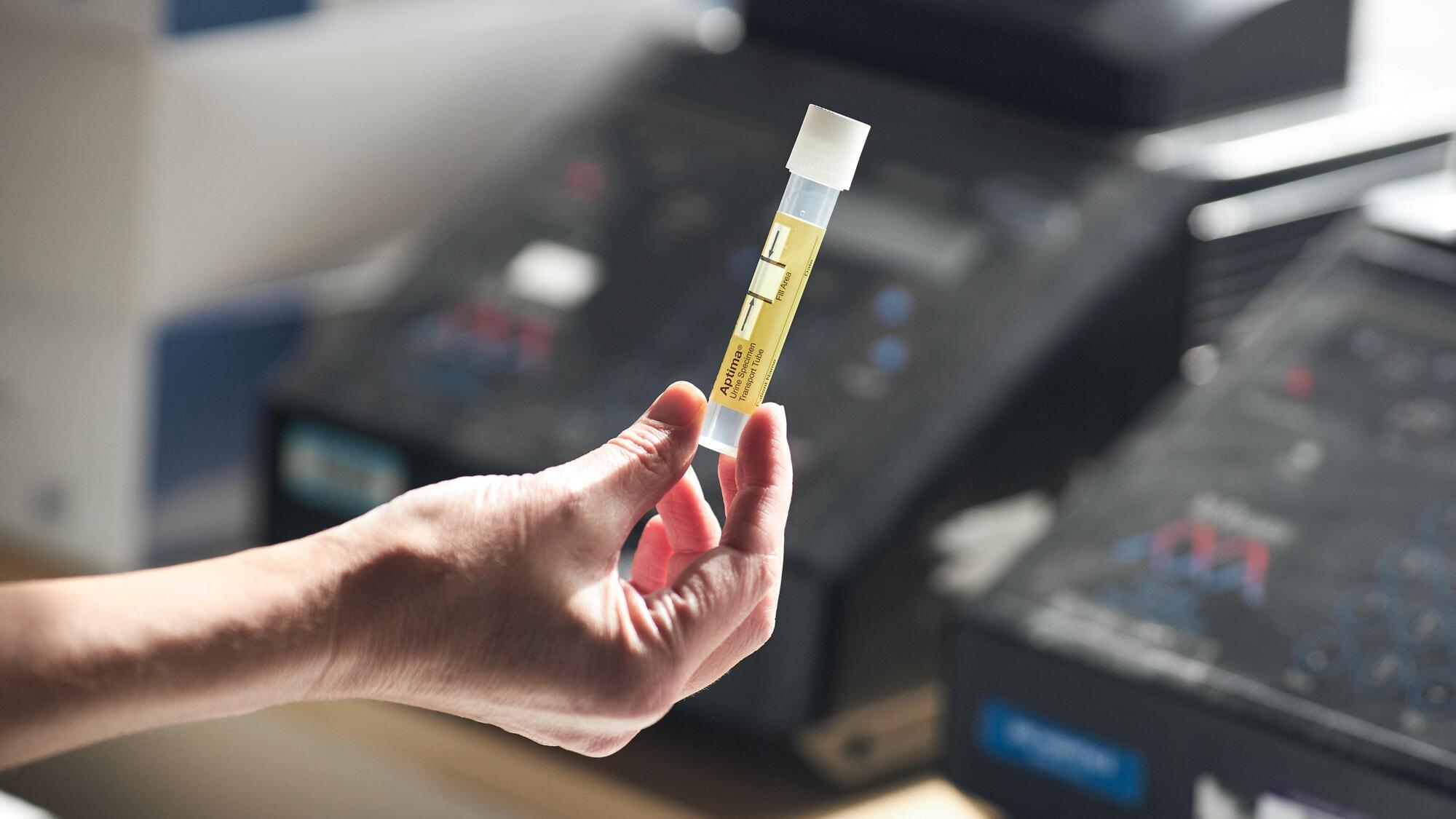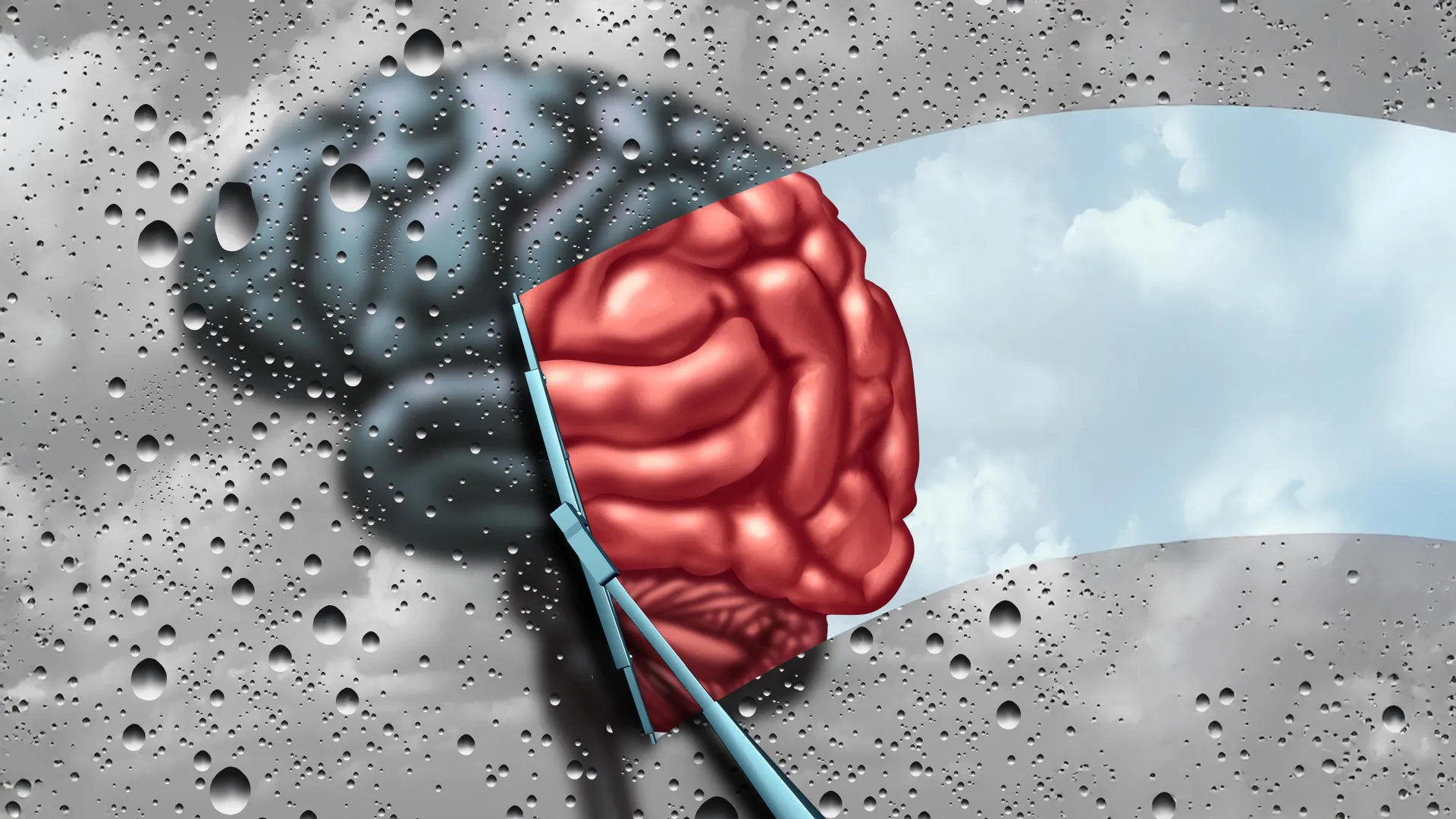A common diabetes drug may be the next big thing for migraine relief. In a clinical study, obese patients with chronic migraines who took liraglutide, a GLP-1 receptor agonist, experienced over 50% fewer headache days and significantly improved daily functioning without meaningful weight loss. Researchers believe the drugs ability to lower brain fluid pressure is the key, potentially opening a completely new way to treat migraines. The effects were fast, sustained, and came with only mild side effects.
A diabetes medication that lowers brain fluid pressure has cut monthly migraine days by more than half, according to a new study presented today at the European Academy of Neurology (EAN) Congress 2025.
Researchers at the Headache Center of the University of Naples “Federico II” gave the glucagon-like peptide-1 (GLP-1) receptor agonist liraglutide to 26 adults with obesity and chronic migraine (defined as ≥15 headache days per month). Patients reported an average of 11 fewer headache days per month, while disability scores on the Migraine Disability Assessment Test dropped by 35 points, indicating a clinically meaningful improvement in work, study, and social functioning.
